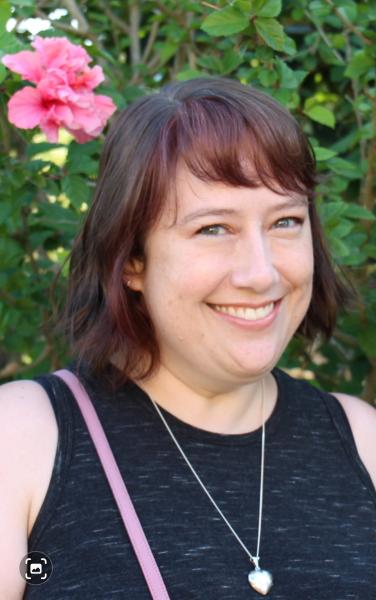CEIRR/USIP Interview
Name:Tanya Novak, PhD Scientist
Lab: Dr Adrienne G. Randolph at Boston Children's Hospital.
What was your favorite conference to attend? Either the American Thoracic Society (San Diego) or the International Symposium on Neutrophils https://theneutrophil.com/. But I am planning to attend the CEIRR meeting next month so will hold off on pre-emptive voting!
What do you research? I participate in various on-going studies. First and foremost is immunobiology research of severe influenza within a pediatric ICU population which incorporates patients from over 30 U.S. hospitals. The NIH-funded Pediatric Intensive Care Influenza (PICFLU) Study was first established by Dr Randolph in 2008 and has contributed a vast array of genetic, immunological, and clinical research. I joined her lab in 2017 as a postdoc and have participated in continued investigations. One such study was looking at the suppression of influenza-specific immune response pathways and its association with increased disease severity in critically ill children with influenza (https://doi.org/10.1016/j.jaci.2020.01.040). When the COVID-19 pandemic hit, we had the Pediatric Acute Lung Injury Sepsis Investigators (PALISI) Network already set up and since we were already working on a CDC-funded project for Influenza Vaccine Effectiveness, the CDC commissioned Dr Randolph to incorporate the same structure for a pediatric COVID-19 study and investigate the phenomenon of multisystem inflammatory syndrome in children (MIS-C). After the pandemic, influenza cases have once again been increasing and I am managing the biobank for the NIH/NIAID-funded CEIRR project called Understanding Severe Influenza in Pediatrics (USIP). Our hospital is affiliated with the Center for Influenza Disease and Emergence Research (CIDER), University of Georgia. My lab team processes blood samples from influenza positive inpatients as well as influenza negative inpatients and surgical outpatients – the latter two which are study controls. The overall aim is to understand biologically why children end up with such severe influenza disease.
What has been your favorite research project? We very recently completed an analysis of multiple organ dysfunction syndrome (MODS) during severe pediatric influenza. We found that the early collection of blood from children and adolescents with MODS had significantly increased neutrophil-related mRNA transcripts which distinguished patients with prolonged MODS from those that recovered from MODS faster. It will be published in Frontiers in Immunology this month!
What are you hoping to achieve in science? I have always been driven by translational human research. Handling and analyzing patient samples is a huge responsibility and privilege. To be able to turn human specimens into vital scientific data and communicate it effectively with the world is what I hope to achieve every year of my career.
What is your favorite lab activity? Producing robust results at the end of a long day of experiments! It puts me in a great mood!
What is your favorite thing about the lab? Teaching students or assistants who are enthusiastic about the research being conducted. It makes me hopeful for the future.
What is your favorite thing to do outside of lab? Taking mini-vacations with my partner and 2 dogs to explore new areas of New England.
What do you find exciting in science? The implementation of new research discoveries that impact diagnostics, prevention, or patient management to improve care.
